US Simplifies Visa Process for J-1 Holders Seeking Permanent Residency
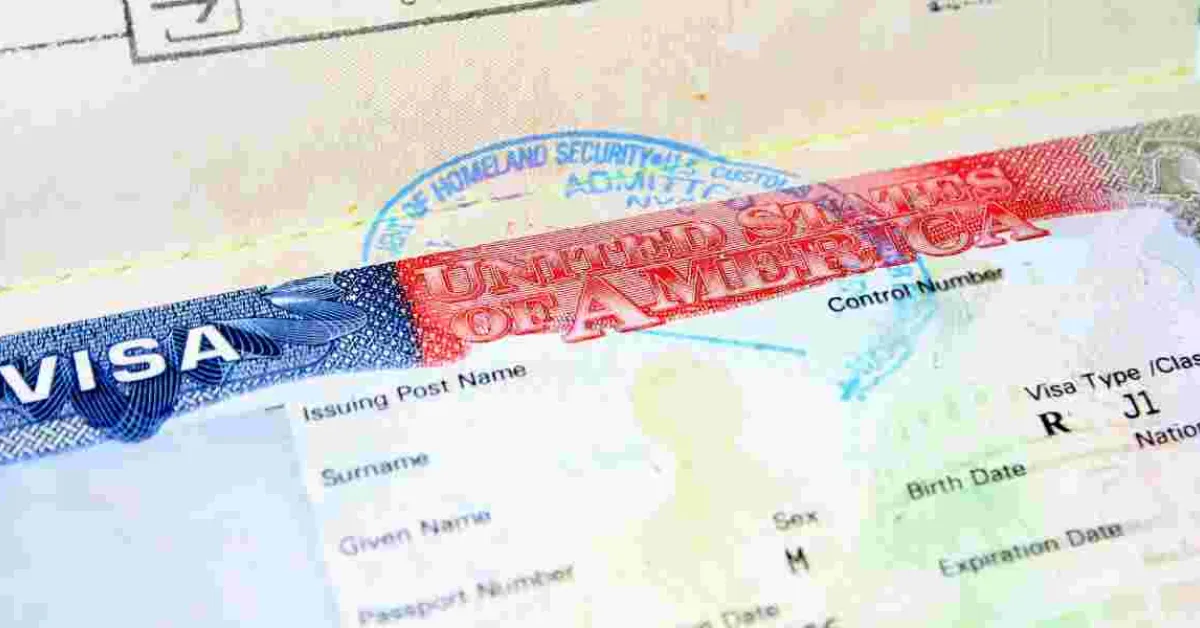
The United States Department of State has announced an update to the Exchange Visitor Skills List, set to take effect on December 9, 2024.
This pivotal change removes the mandatory two-year home residency requirement for J-1 visa holders hailing from 34 newly exempted countries, including India, China, South Korea, Saudi Arabia, and the UAE. The move is viewed as a crucial step in retaining global talent within the US. Despite these changes, the update retains restrictions for J-1 visa holders who are funded by government entities or are participating in graduate medical education programs.
These individuals will continue to be subject to the original requirement to return to their home country for two years post-program. The Exchange Visitor Skills List plays a vital role in shaping developmental agendas for various nations by identifying sectors and countries that previously mandated J-1 visa holders to return home after completing their program. Following this update, only 27 countries will still face such requirements, indicating a noteworthy shift in the global economic and developmental landscape.
The criteria for these changes are founded on several key considerations. Economic indicators such as per capita GDP are paramount; countries demonstrating higher income levels generally possess stronger mechanisms to independently address skill gaps. The size of a nation also factors in, with larger countries perceived as having adequate resources for talent development. Additionally, shifting migration trends that show increased emigration have lessened the necessity for strict return conditions.
Finally, advancements in technology, education, and healthcare in certain nations have reduced the need to enforce retrospective regulations on J-1 visa holders. Countries such as India and China were removed from the list due to their notable economic and educational progress, while nations like the Philippines remain included, reflecting ongoing developmental challenges.
This policy revision opens new doors for J-1 visa holders from these affected nations, allowing them to explore additional US immigration pathways, such as H-1B visas or green cards, without the prerequisite of securing a waiver or returning home. This change is particularly impactful for professionals in fields such as research, medicine, and training, as it eliminates a substantial barrier to their long-term aspirations in the US.
For American employers, this policy translates into broader access to a skilled workforce in critical domains like STEM, healthcare, and engineering. Moreover, research institutions and universities are now positioned to sponsor J-1 visa holders for non-cap H-1B visas, which are not constrained by the annual lottery and can be pursued year-round.
The J-1 visa program, recognized for its role in fostering cultural and educational exchange, encompasses various categories, including research scholars, professors, students, interns, trainees, physicians, au pairs, and camp counsellors. Its design is intended to promote mutual understanding and the exchange of knowledge and skills, thereby contributing substantially to the global talent pool and facilitating international collaboration.
In summary, the Department of State's strategic update aligns with the evolving economic realities globally, enhancing opportunities for talent retention and professional advancement in the United States while also reflecting an understanding of the changing developmental needs of nations worldwide.

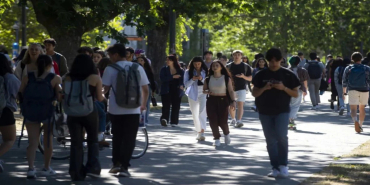
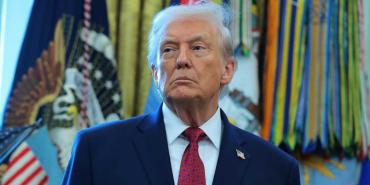
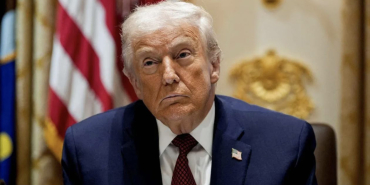
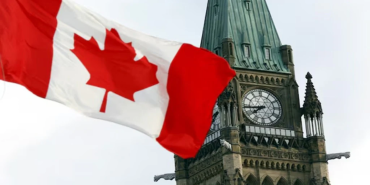
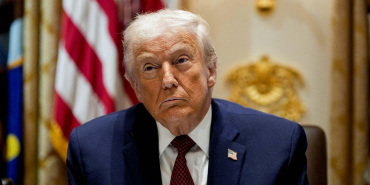
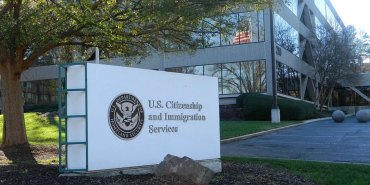
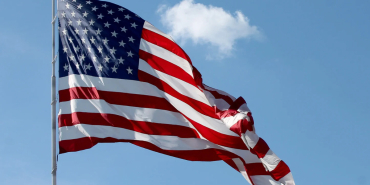





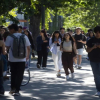
Add new comment